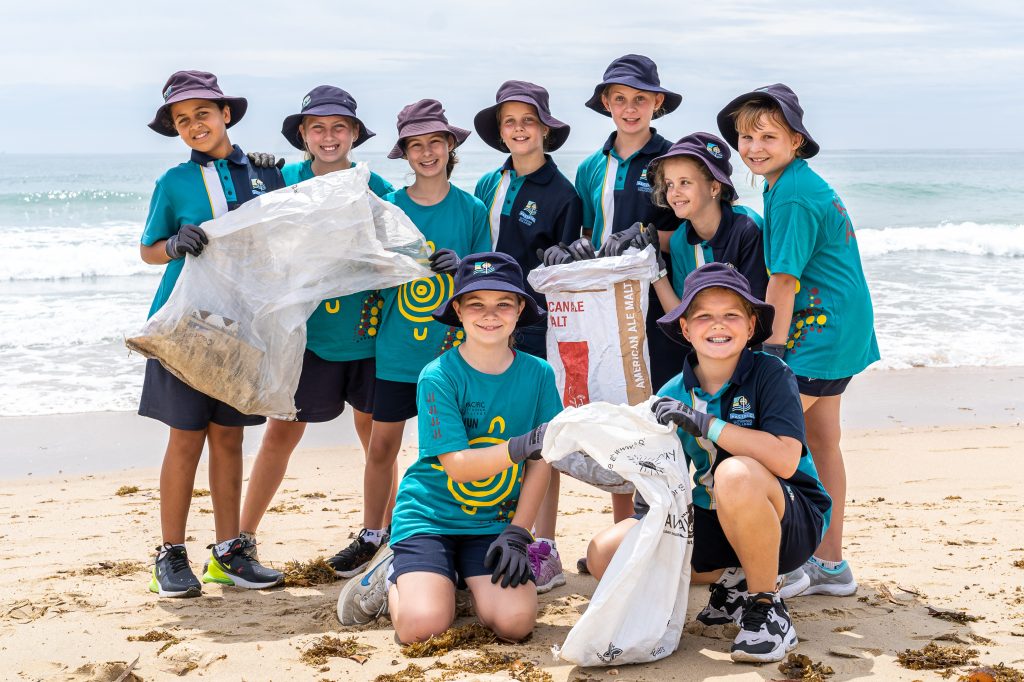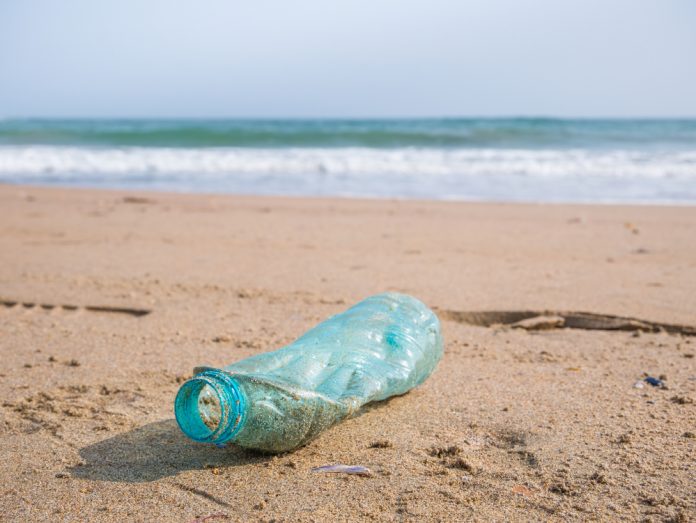Australia’s beaches have become less polluted as we get better at sorting through our rubbish, new research suggests.
Researchers from the CSIRO conducted 563 coastal surveys and interviewed waste managers across 32 local governments.
The results, published in the One Earth journal on Thursday, showed there was on average 29 per cent less plastic on beaches than in 2013 when similar surveys were carried out.
Experts had sought to identify which local government approaches were the most effective for reducing coastal plastic pollution.
Household collection services involving multiple waste and recycling streams had made it easier for people to separate and discard rubbish appropriately, researcher Denise Hardesty said.
Bans on plastic shopping bags were also highly effective.
“Our research showed that increases in waste levies had the second-largest effect on decreases in coastal plastic pollution,” Dr Hardesty said.
“Local governments are moving away from a ‘collect and dump’ mindset to a ‘sort and improve’ approach.”

Activities such as Clean Up Australia Day and community surveillance programs had also helped.
“Increasing community stewardship of the local environment and beaches has huge benefits,” Dr Hardesty said.
“Not only does our coastline become cleaner but people are more inclined to look out for bad behaviour, even using dumping hotlines to report illegal polluting activity.”
Local councils that spent more money on tackling coastal waste, including bolstering the information on their websites, enjoyed the most significant decreases in plastic pollution.
Those that did not update their strategies or reduced their budgets had “dirtier” coastlines across the six-year study period.
The CSIRO is aiming for an 80 per cent reduction in plastic waste entering the Australian environment by 2030.





